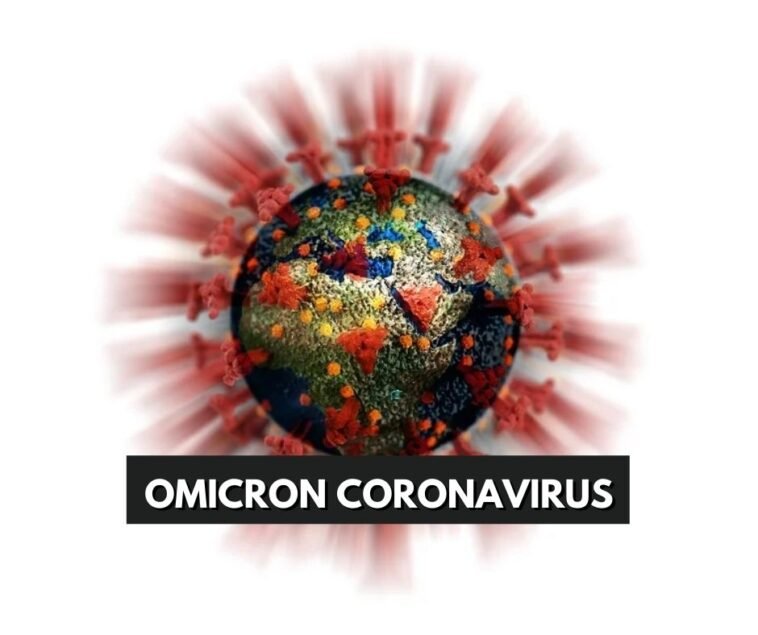WHO preferred the variant B.1.1.539 named Omicron as a matter of concern on the advice of WHO’s Technical Advisory Group on Virus Evolution (TAG-VE) on November 26th, 2021. The conclusion was based on the data presented to the TAG-VE that Omicron has various mutations that may have an impact on how it functions, for instance, on how efficiently it spreads or the cruelty of illness it causes.
Current Information on Omicorn
Scientists of South Africa and around the world are convoying studies to know more about the features of Omicron and will continue to share the outcome of the data with the world.
Transmissibility
The transmissibility of the Omicron is not clear yet like other variants Delta. The number of positive tested individuals has risen in South Africa by Omicron. However, the study is still going on whether it is because of Omicron or different factors.
Severity of disease
As we said earlier, it is not crystal clear whether infection with Omicron causes severe disease in addition to other variants including Delta. Initially, reports suggested an increase in rates of hospitalization in South Africa, but this can be due to increasing overall numbers of people becoming infected rather than due to Omicron.
At current, there is no information to know the symptoms of Omicron as it is different from other variants.
Effectiveness of prior SARS-CoV-2 infection
Initial evidence hints that there is an extended risk of reinfection with Omicron as compared to other variants of concerns, however, data is limited. More information will be forthcoming.
Effectiveness of vaccines
Currently, the World Health Organization is working with technical partners to learn how this variant might influence our existing treatments, including vaccines. Vaccines persist significantly in decreasing cruel disease and death, including against the predominant ambient variant, Delta. Vaccines persist effectively against harsh disease and death.
Effectiveness of current tests
The broadly used PCR tests continue to recognize infection, including infection with Omicron, as we have seen with other variants as well. Studies are underway to conclude whether other types of tests, including rapid antigen detection tests, are affected.
Effectiveness of current treatments
For patients with severe COVID-19, corticosteroids and IL6 receptor blockers will still be effective.
Studies underway
Presently, WHO is coordinating with scientists around the world to know more about it. WHO also boosts each country to provide the collection and patient data to learn more.
Recommended actions for countries
WHO recommends the following action for countries:
- Improving surveillance
- Sequencing of cases
- Sharing genome sequences on publicly reachable databases
- Reporting original cases or clusters to WHO
- Performing field investigations & laboratory assessments
- Public health measures
Recommended actions for people
- The physical distance of 1 meter
- Wearing a mask
- Open windows to improve ventilation
- Avoid badly ventilated or crowded spaces
- Keep hands clean
- Cough or sneeze into a bent elbow or tissues
- Get vaccinated
Source : https://www.who.int
Please Subscribe Us to get updated with Qatar News, Saudi News, Kuwait News, Health News, UAE News, Iqama, Visa, Jobs, Banking and More.



